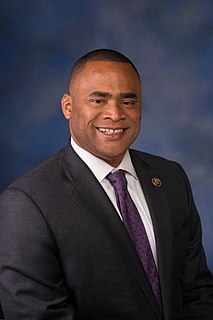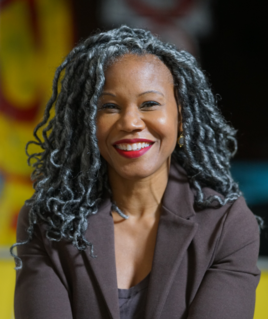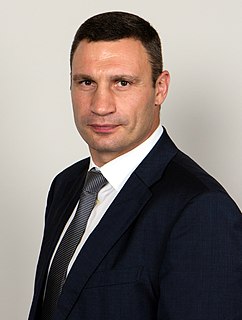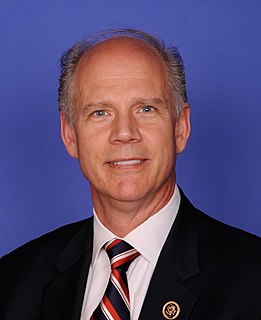A Quote by Larry Niven
I'd repair our education system or replace it with something that works.
Related Quotes
Key to success for the education of young African girls is building a model that works with communities, schools, and national Ministries of Education to build a system of protection and support around girls, ensuring that they receive the education that is their right. Financial support is provided alongside a social support system.
A tax system is important because of what it can pay for, but also for how it works. When we pay taxes, we expect something back from the state; it strengthens the relationship and accountability between us and our governments. It also pays for what private finance shouldn't: our needs for healthcare, education and social security.
We urgently need a paradigm shift in our concept of the purposes and practices of education. We need to leave behind the concept of education as a passport to more money and higher status in the future and replace it with a concept of education as an ongoing process that enlists the tremendous energies and creativity of schoolchildren in rebuilding and respiriting our communities and our cities now, in the present.
I strongly believe in the apprenticeship model because we see in a lot of countries the local education system is not providing talent that businesses need. So it is important that there is an alignment between what the companies need and the education system, so the education system can build the right programmes.






































